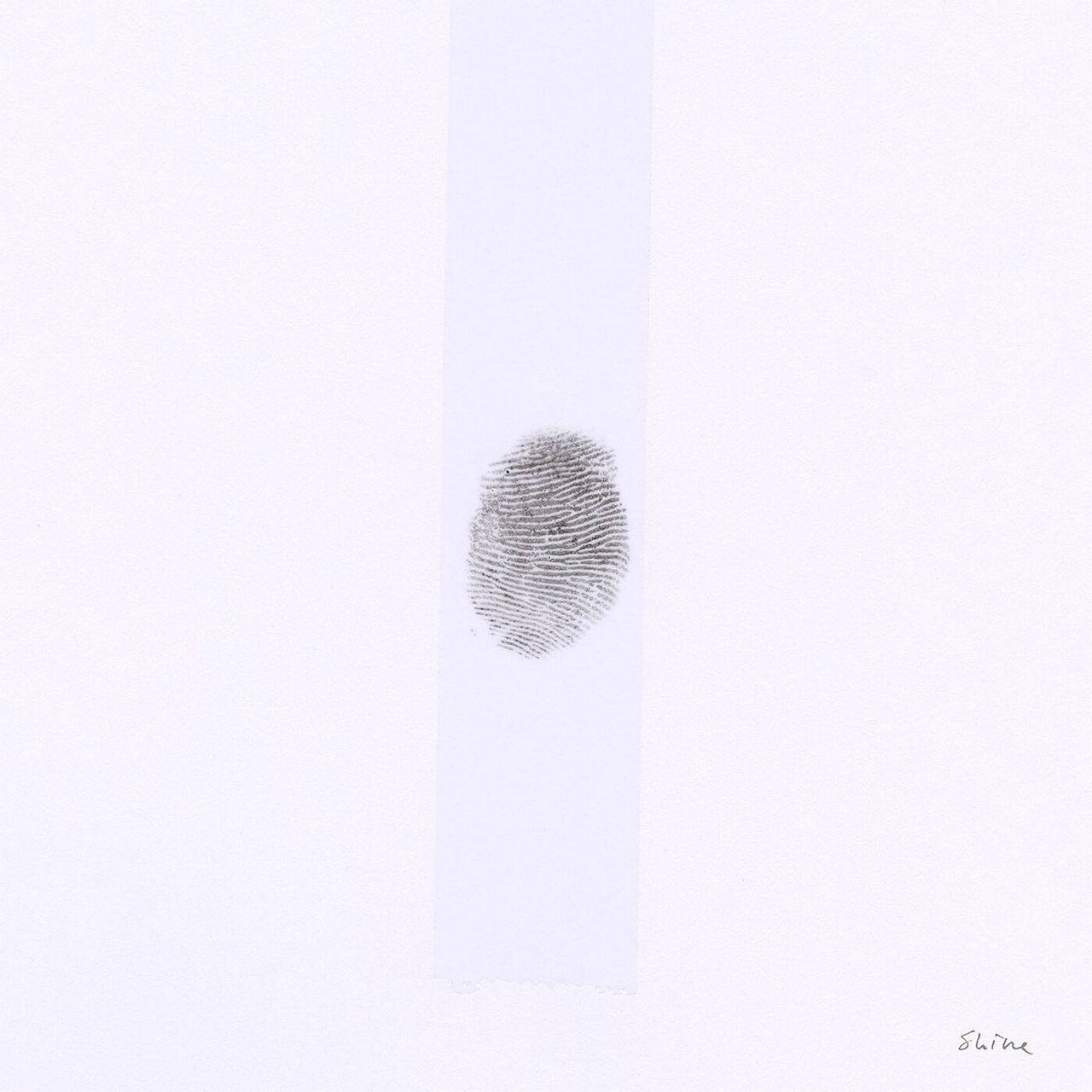The rise of Tobias Jesso Jr. feels vintage, the stuff of American dreams. Born in Canada, Jesso tried to make it in L.A. in the early 2010s, writing songs for others and playing bass; just when he gave up, a series of buzzy singles, released under his own name, caught the attention of a previously impenetrable industry. He made his 2015 full-length debut, Goon, in a bleary, nostalgic Laurel Canyon mode, brooding over personal hardships and slotting himself into a long lineage of L.A. singer-songwriters. Jesso’s chronicles of dashed dreams served as his own last-ditch audition; he immediately became a coveted collaborator, writing for everyone from Harry Styles to FKA twigs and nabbing the inaugural Grammy for Songwriter of the Year in 2023. The fact that he hasn’t made a follow-up in the past decade gives retrospective weight to his fairy tale. By sliding from the spotlight, Jesso appeared to claim something unimaginable in the 21st century: a happily-ever-after ending.
That was an illusion, needless to say, because real life is always more complicated. Yet his second outing, Shine, doesn’t break the spell—somehow, it makes it more captivating. Once again, Jesso writes from his actual emotions while also reflexively playing the part of bedroom balladeer. Shine sounds like a faded memory of his first record, which had full arrangements but lives in my head as a solo guy-at-the-piano song cycle. Here, the instrumentation is truly spare, besides a batshit percussion build on “I Love You” so surprising that mentioning it feels like spoiling a jump scare in a horror film. These are human-scaled tunes that unfold like rough demos, with a nakedness that drags Jesso’s conceptual bent to the fore. Shine presents like a series of mockups, exploded to the proportions of finished products. In their raw intensity, they’re better than final drafts.
